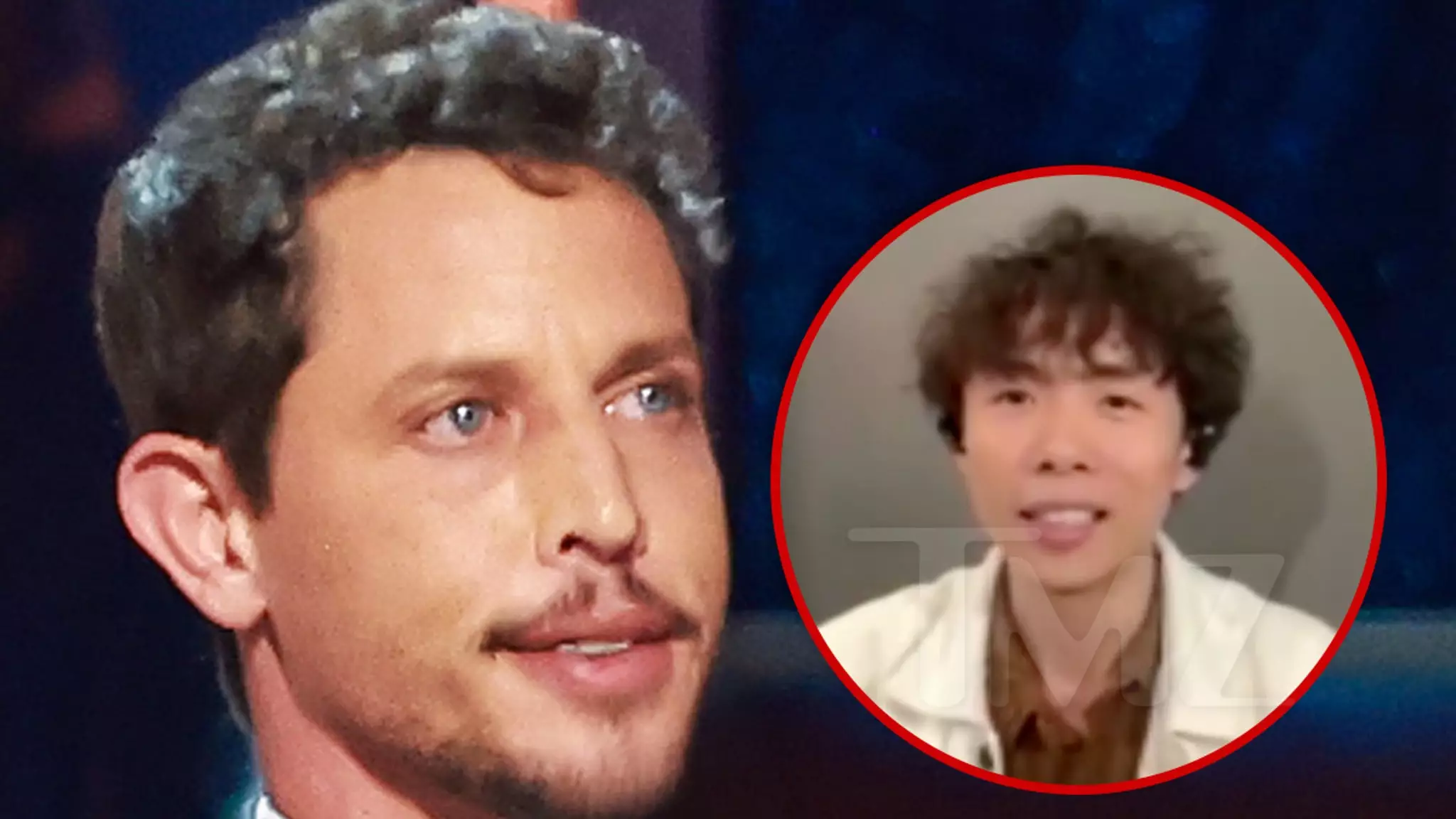Comedian Peng Dang recently shared his perspectives on the backlash surrounding Tony Hinchcliffe’s controversial joke about Puerto Rico, of which he expressed no surprise. Dang’s response is rooted deeply within a shared history that highlights the troubling patterns of racial insensitivity in comedy. Three years prior, Hinchcliffe was involved in a notorious incident where he made inflammatory remarks about Dang, showcasing a disturbing trend in the comedian’s comedic style. This raises questions about the boundaries of humor and the implications of perpetuating offensive stereotypes, especially in a public forum.
The comedy world often walks a fine line between satire and offense, with many comedians testing the waters of what can be deemed humor. Hinchcliffe’s recent remark at a rally for Donald Trump is a case in point—his words landed poorly, igniting outrage across social media platforms and beyond. Dang articulated that Hinchcliffe’s approach is emblematic of a broader issue where comedians rely on shock value and racially charged jokes to generate laughs, often ignoring the potential harm inflicted on marginalized communities. For Dang, this isn’t merely about a single incident; it reflects a systemic trend that comedians must confront regarding their craft.
The aftermath of Hinchcliffe’s joke compels reflection on the consequences of careless humor. The comedian faced significant backlash that resulted in the loss of representation, showcasing the precarious nature of comedic careers, especially when they choose to embrace controversial material as a core part of their identity. Through his personal account, Dang emphasizes how the comedy industry can evict those who cross the boundaries of decency while simultaneously grappling with an audience that can quickly crucify or champion a comic.
The public’s response to Hinchcliffe’s humor demonstrates the growing sensitivity around social issues. Notably, figures like Puerto Rican rapper Bad Bunny and celebrities such as Selena Gomez and Aubrey Plaza have voiced their discontent, indicating a shift in how influential personalities are holding each other accountable. The call-out culture is a double-edged sword; while it can be seen as a mechanism for promoting sensitivity, it can also lead to accusations of “cancel culture.” This phenomenon not only impacts the comic in question but further complicates the landscape in which comedians operate—a world increasingly scrutinized by an ever-watchful audience that demands better accountability.
As reliable as controversy may appear in drawing attention, the long-standing question remains: can comedy evolve? With voices like Dang’s advocating for sensitivity, there’s an opportunity for comedians to rethink their approaches to humor, favoring inclusivity over insensitivity. The resilience of marginalized voices in standing against racism and prejudice within the comedic realm could pave the way for more nuanced and thoughtful comedic expressions. Moving forward, Hinchcliffe’s situation serves as a crucial learning opportunity about the responsibilities entertainers have and the power of their words.

Leave a Reply